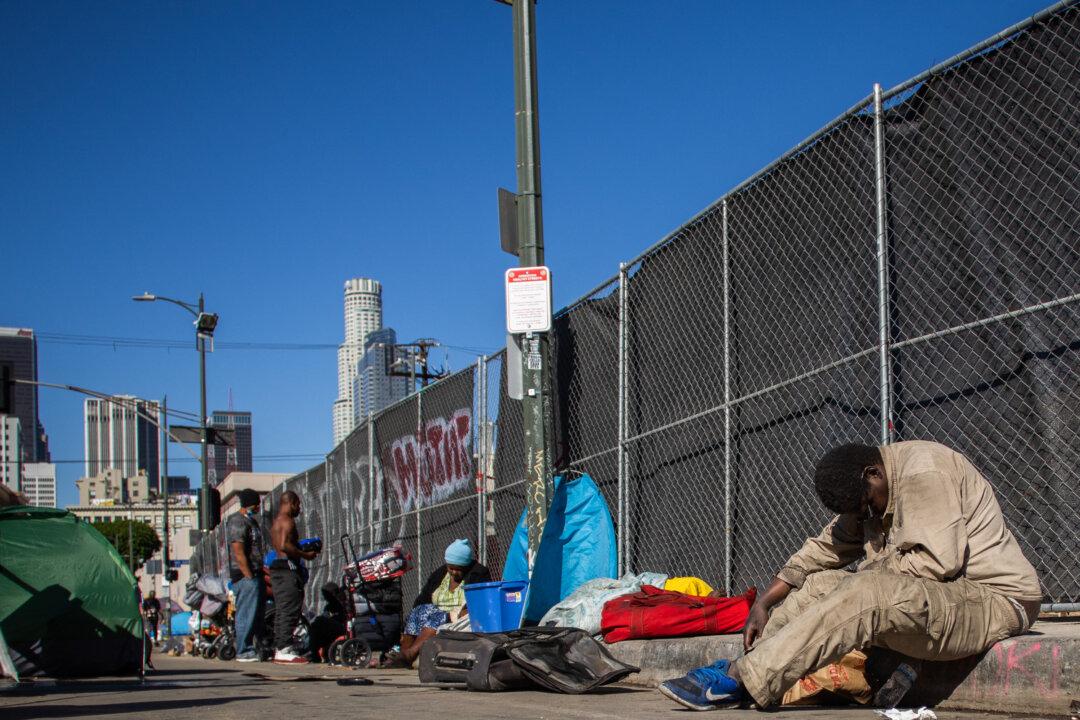LOS ANGELES—The homeless tent city known as Skid Row in downtown Los Angeles is where people end up when the bottom drops out of their lives.
Sometimes, it’s where they die—one final insult added to injury.

LOS ANGELES—The homeless tent city known as Skid Row in downtown Los Angeles is where people end up when the bottom drops out of their lives.
Sometimes, it’s where they die—one final insult added to injury.